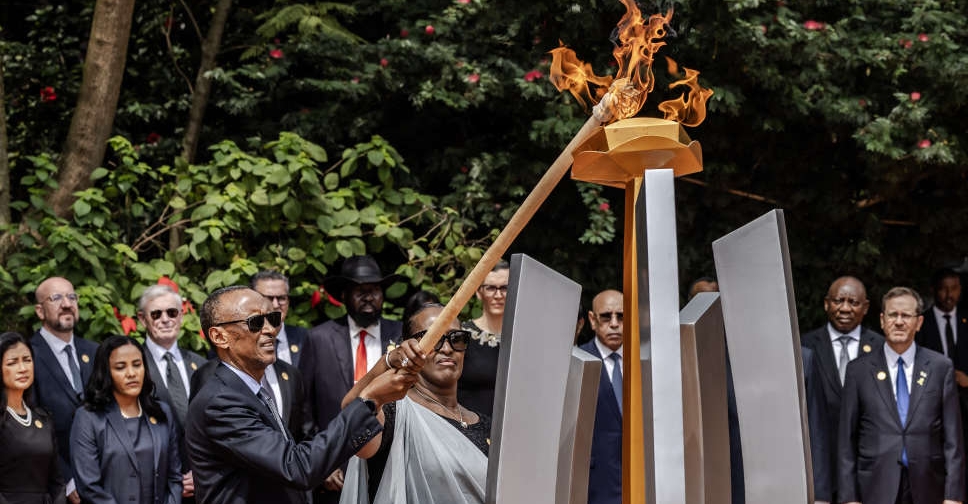
Rwanda's president on Sunday led commemorations to mark 30 years since the 1994 genocide that killed more than one million people and said the conditions that led to the slaughter would never be allowed to exist again in his country's politics.
Over 100 days, starting on April 7 1994, Tutsis and moderate Hutus and were systematically massacred by Hutu extremists, led by the Rwandan army and a militia known as the Interahamwe.
Rwanda's President Paul Kagame and his wife led 37 visiting leaders at a wreath laying ceremony at a genocide memorial in the capital Kigali that contains the remains of some 250,000 people.
"Genocide is populism in its pure form, because the causes are political the remedies must be as well. For that reason our politics are not organised on the basis of ethnicity or religion and never will be again," Kagame said at a separate ceremony at a Kigali sports arena.
"Our people will never be left for dead again."
The International Criminal Tribunal for Rwanda, which was set up in Tanzania in late 1994 to try the masterminds of the genocide, closed in 2015 after convicting 61 suspects.
More prominent suspects have since been caught after decades on the run, and Rwanda's own internal justice system has handled another nearly two million cases.
As part of the commemoration, the UN cultural agency UNESCO unveiled plaques designating four genocide memorial sites to be world heritage sites.



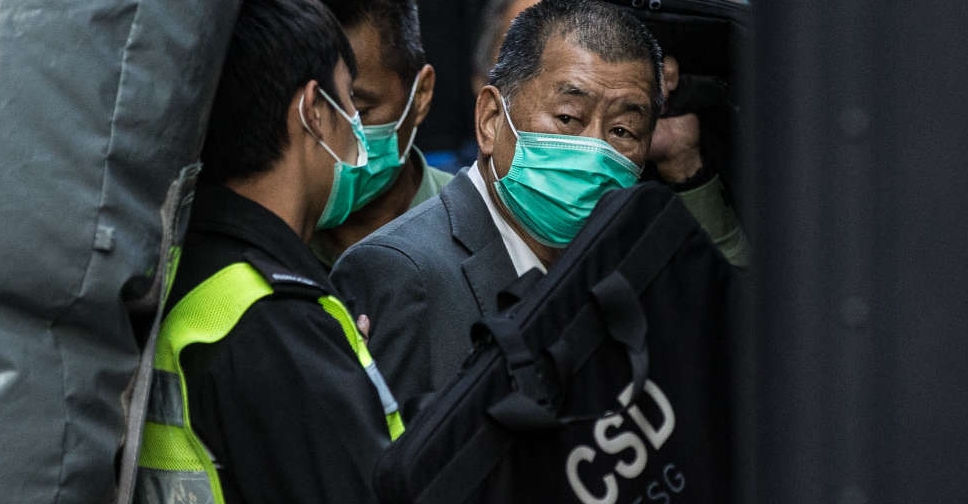 Hong Kong court finds tycoon Jimmy Lai guilty in landmark security trial
Hong Kong court finds tycoon Jimmy Lai guilty in landmark security trial
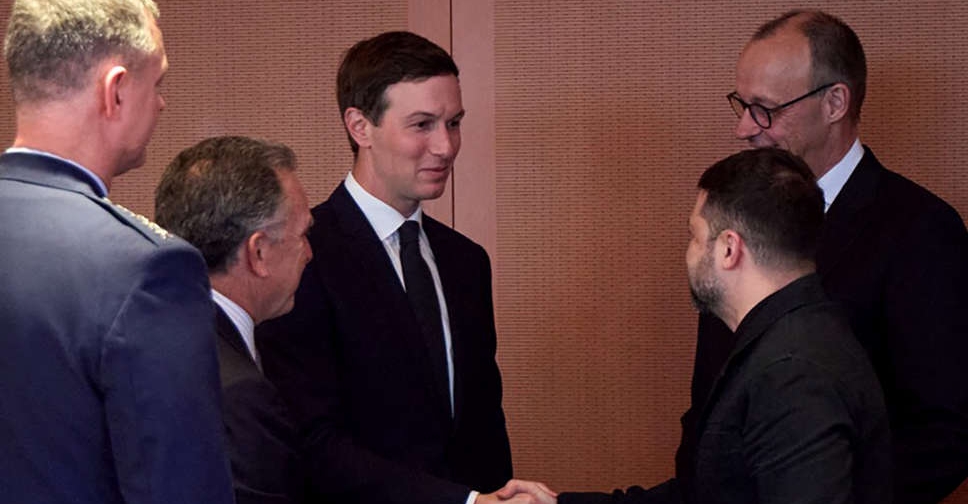 Ukraine peace talks stretch into second day at start of pivotal week for Europe
Ukraine peace talks stretch into second day at start of pivotal week for Europe
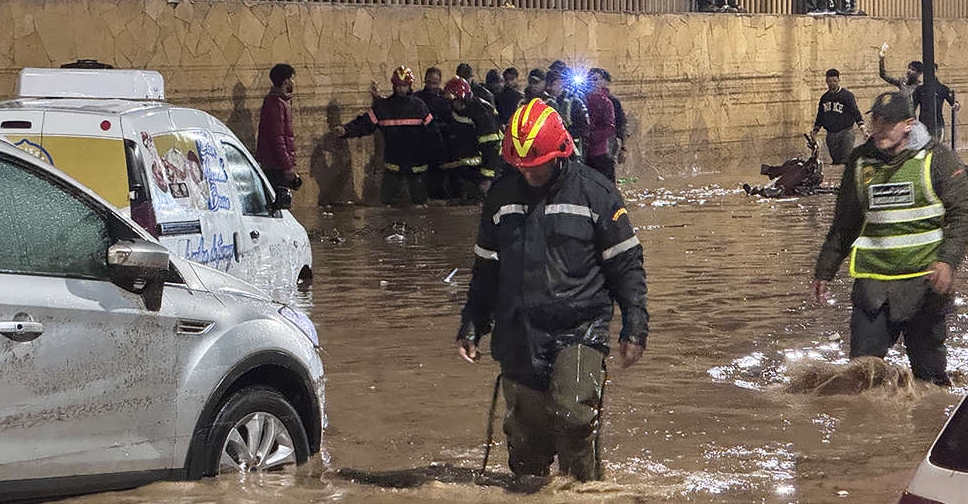 Flash floods kill at least 37 people in Morocco's Safi province
Flash floods kill at least 37 people in Morocco's Safi province
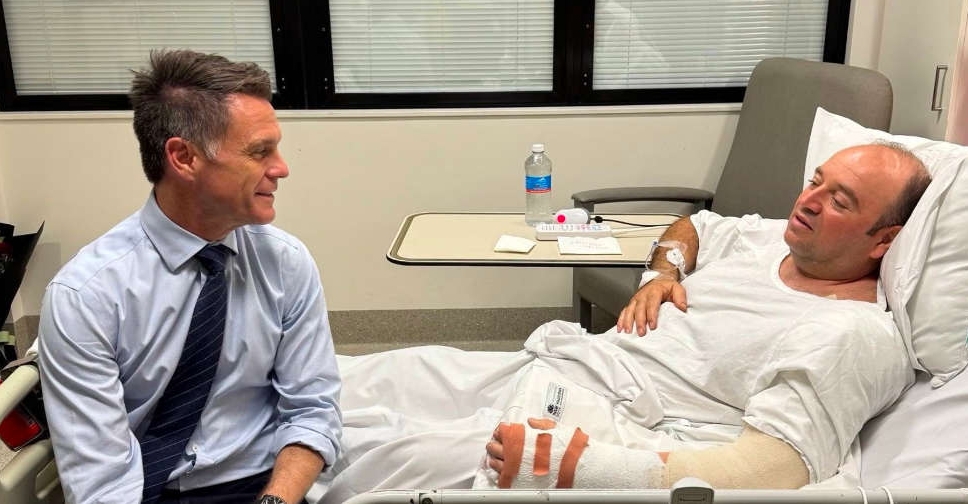 'Hero' who disarmed Bondi gunman recovering after surgery, family says
'Hero' who disarmed Bondi gunman recovering after surgery, family says
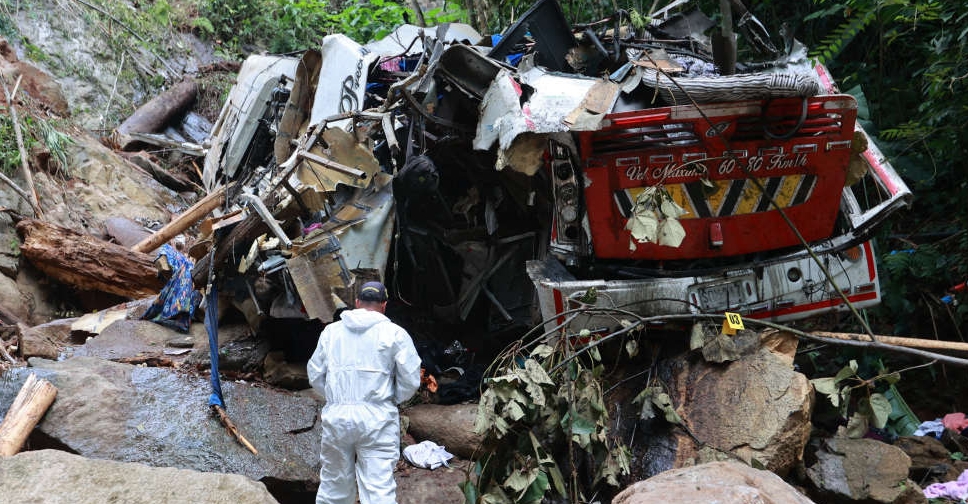 School bus accident in Colombia kills 17, injures 20
School bus accident in Colombia kills 17, injures 20
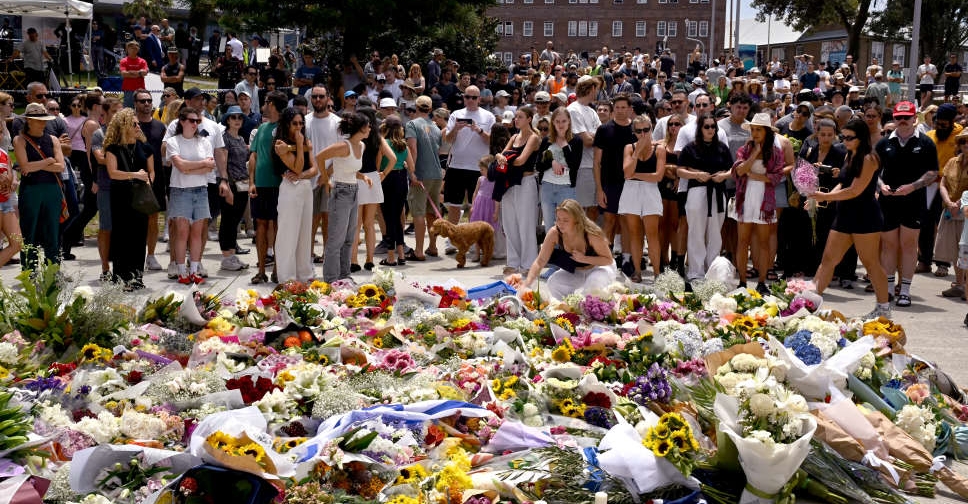 Australia plans tougher gun laws after father and son kill 15 at Bondi Beach
Australia plans tougher gun laws after father and son kill 15 at Bondi Beach
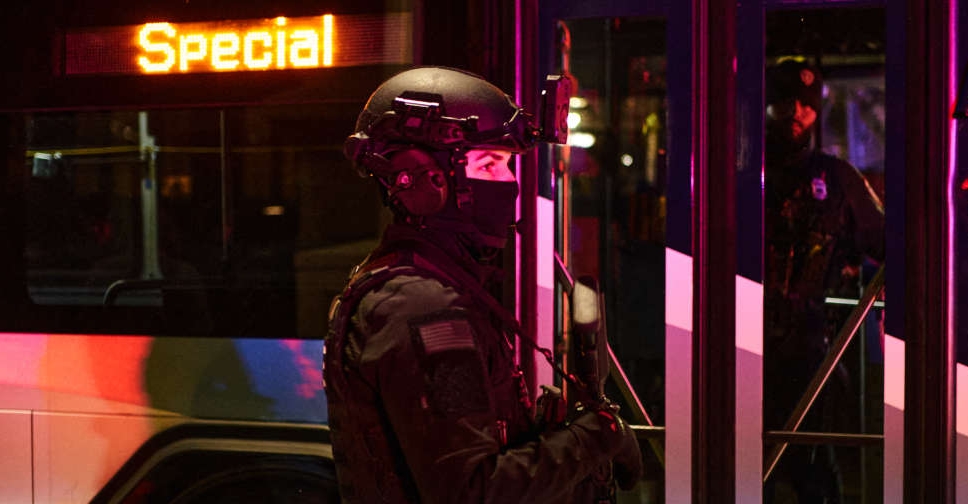 Police to release man detained over Brown University mass shooting
Police to release man detained over Brown University mass shooting
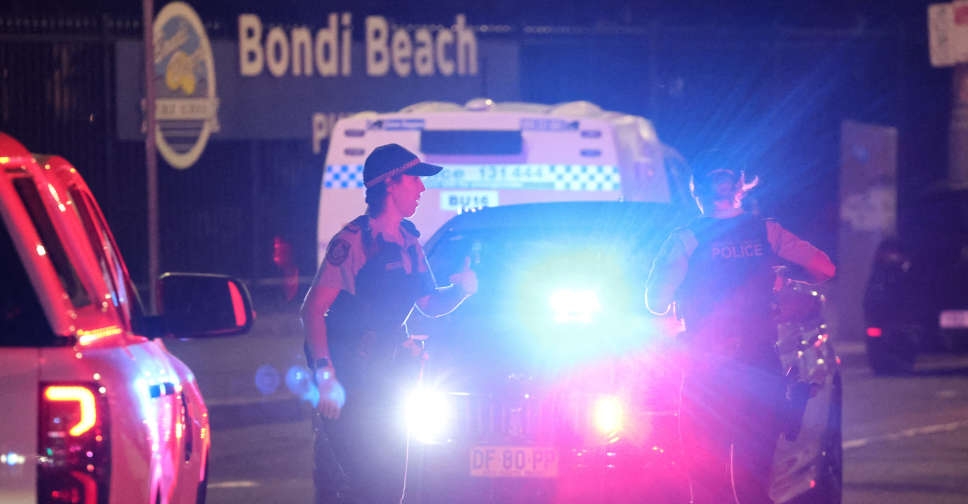 Shooting at Australia's Bondi Beach kills 12
Shooting at Australia's Bondi Beach kills 12




